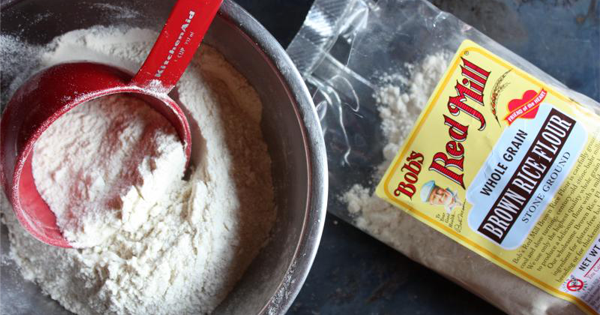Advertisement
Ever wonder what will happen when you make the switch to gluten-free?
Some people don’t really have a choice.
But if you’re not sure if you have a gluten allergy but you want to try going gluten-free anyway, here are some things to consider before you cross over.
The Good:
- Your digestion will improve. Gluten can cause gut inflammation in some people, which could increase your risk for autoimmune diseases and inflammatory bowel disease. Cutting out gluten could decrease this inflammation, and reduce bloating at the same time.
- Your energy levels could go up. A gluten-free diet done right means that you need to consume more food to keep up the energy you’d usually get from gluten. Because you’ll probably be replacing it with fruits and veggies, the energy you do get will be cleaner, too.
- You won’t feel as anxious or depressed. In some people, anxiety and depression have been linked with gluten, most likely because gluten causes your cortisol levels to rise.
- You might lose weight. If you’ve been eating tons of refined carbs all your life, giving up gluten may mean that you cut those carbs in half. Your body will start burning more fat for energy instead of carbs, meaning you’ll shed some weight without even trying.
Advertisement
The Bad:
- Nutritional deficiency. For some, a gluten-free diet means that you’re trying to make up for nutrients you get from whole grains, like vitamins B and D, as well as fiber and iron. If you follow a gluten-free diet plan carefully, you won’t have to worry about this, but be sure to have a game plan.
- Cravings. Because you’re cutting something from your diet pretty much cold-turkey, you’re going to crave it. Luckily, a lot of your favorite carb-filled foods now have gluten-free variations, but keep an eye out—they’re no healthier or less caloric than their gluten counterparts.
- You'll get some headaches. This is another withdrawal symptom of cutting gluten. It could be just because you’re body is missing gluten, or it could be because you’re not eating enough. Keep tabs on which one it really is.
- You might gain weight. You could lose weight with a gluten-free diet, but it’s pretty easy to gain weight, too. Gorging on “gluten-free” gluten substitutes is just as bad as eating too much of their gluten counterparts. Substitutes are often higher in fat, calories, and carbs than gluten-filled versions, so make sure you’re using “gluten-free” as an indication of what’s in the product, not how healthy it is.
Did this help you decide whether or not to go gluten-free?
Photo Copyright © 2011 Andrea Nguyen/Flickr




